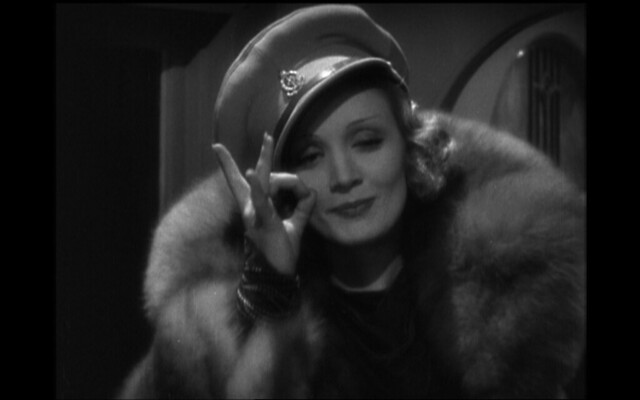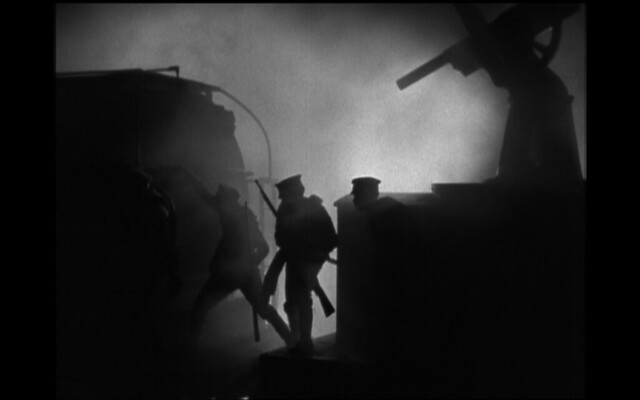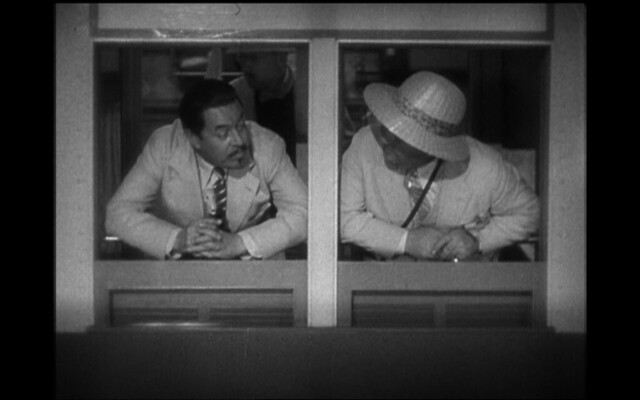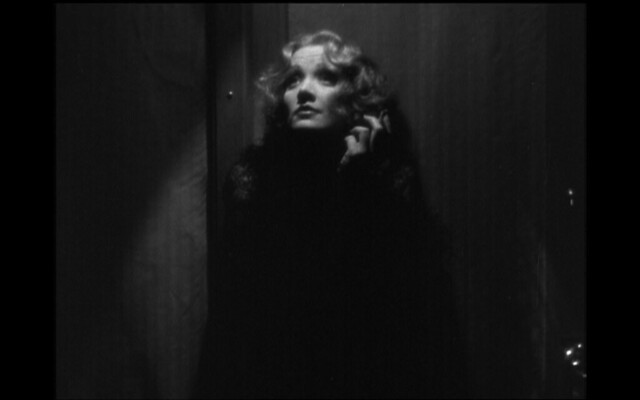
Director: Julien Duvivier
Starring: Jean Gabin
Year: 1937
Country of origin: France
Language: French
Synopsis: For two years famous French jewel thief Pepe Le Moko has been in hiding in the casbah of Algeria; whilst the police bide their time, waiting for the right moment, when they can finally arrest him. The combination of a beautiful woman, itchy feet and a cunning policeman bring the situation to a head.
What Indie Nights? review

Hello again bbbg-ers, Leah here, What Indie Nights? reporter extraordinaire. Welcome to today's second noir-a-thon post, Pépé le Moko, the tale of a jewel-thieving anti-hero with a heart of gold, trapped through his own actions in the vibrant maze of the Algiers casbah when his heart really lies in Paris.
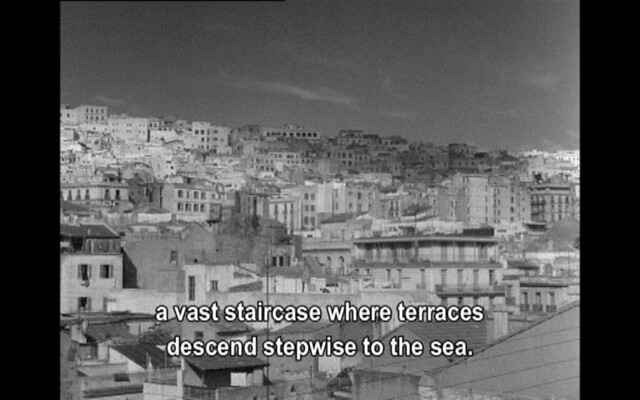
As our last proto-noir before hitting the hard stuff, Pépé carries some heavier expectations on his shoulders than his predecessors. Where we were like 'Oh Lola-Lola, don't worry if you're not fatale enough, you've got years before noir really starts!' and where we were all 'M, Shanghai Express, don't worry if your plotlines aren't truly noirish, we'll let you off because you're blazing a trail,' to Pépé we said firmly, 'Our expectations have grown, Pépé, and we require elements of film noir that will point us in the right direction for the next 70 years. That means organised crime, eagle-eyed cops, double-crossings and plenty of steaming hot revenge, ok?'
I don't know if it was the time-travel or Duvivier just had really good hearing, but this is certainly the true proto-noir, where the elements all seem to coalesce into a film this close to noir-dom.
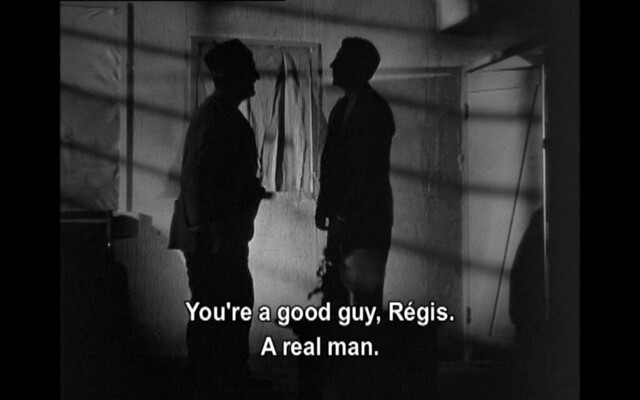
What holds it back, mainly, are two things: the light, and les femmes.
First, the light - where Pépé le Moko broke beautiful new ground in the style of filming, with real people and real places woven into the set-shots of the casbah, it somehow detracts from what we expect a noir to look like. There are no dark rainy nights, no foggy streets; instead there are busy alleys and bustling marketplaces, brightly lit by the blazing Algerian sun, in themselves serving to excellently create the mood of the casbah but not, in the truest sense, a noir. There are still plenty of starkly-lit faces and strong shadows inside seedy bars and cafés, and the claustrophobic atmosphere of the casbah drives the story forward in a way that mirrors many future noir plots, but that vital element is just not quite there.
Second, les femmes - I would tentatively venture to say that all the elements of the classic femme fatale are present in Pépé le Moko, but they are split between two female leads. Gabi, the glamorous slumming Parisienne who awakens in Pépé his old love of Paris and fuels a mad desire to escape the casbah, and Inés, his long-suffering gypsy 'woman' who begins to undermine him out of jealousy. Neither of these women are the conscious plotters, the beautiful temptresses that will surface in the noirs in a few years time; rather they both embody traits that are Pépé's own undoing. Here, however, as it hasn't been in any of our previous proto-noirs, the downfall is not truly deserved - we like Pépé and we sympathise with his plight, but the world just gangs up against him on this one.
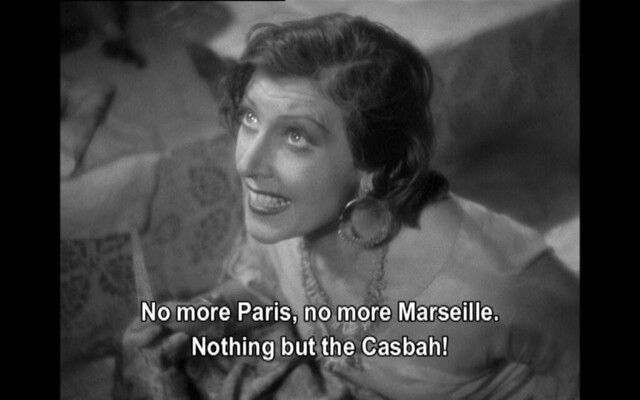
Finally, a couple of special mentions for some of my favourite parts of the film: the constant presence of the casbah detective, patiently and politely waiting for Pépé to make a mistake - he lends a tone of uneasiness and doom to the entire film, always watching, always asking questions, never leaving for a moment...
The long, slow scene of an old showgirl, long ago grown fat and ugly, singing along to one of her own records and weeping for the days that were, that can never be brought back again. A beautiful scene foreshadowing Pépé's fate...
And finally, the use of the word 'shenanigangsters', because it makes me laugh every time.
[As usual, head over to my blog for a lot more pictures and a... more girly look at the film?]
Blahblahblahtoby review
This story of an adventurous womaniser trapped in a prison of his own making is an enjoyable study of human nature. A key film in the poetic realist movement in French cinema in the 1930's it combines the gritty nature of documentary with the stylised lighting we would come to expect in noir.
The Americans remade the movie one year later, yes even in the 1930's they were stealing ideas from the rest of the world, as Algiers. Graham Greene himself said that it "had succeeded in raising the thriller to a poetic level" and reportedly it influenced him when writing the seminal noir The Third Man.
The irony that Pepe has fled France to the casbah of Algiers to avoid jail after a successful jewel heist only to find himself confined to an impoverished slum area surrounded by sycophants is the driving force behind the movie. A meet cute of sorts between Pepe and Gaby, a Parisian social butterfly, is the spark that ignites Pepe's frustration and leads to him returning to Paris. It would be easy to blame the woman once more, it is the nature of being after all but Gaby is a nothing sort of girl, pretty enough but nothing more. She could no more lead a man astray than change a tyre on a car. Pepe has only himself to blame. The movie's ending, his ending, was written the moment he took his first step in to a life of crime many, many years before the film starts.
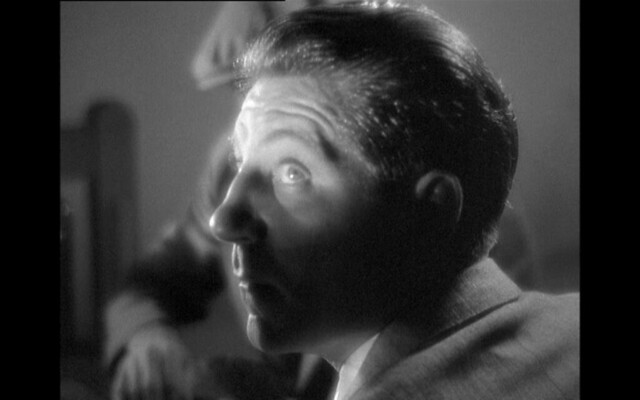
Central to the power of the film is the star of Jean Gabin, future icon of the poetic realist movement in such fine films as Le Jour Se Leve, La Bete Humaine and Le Quai De Brumes, as the eponymous Pepe and it is his charisma that carries the film; he is in almost every scene. The tragic nature of his story, made even more painful by a wonderful performance, plays out in it's fatalistic way to maximum emotional effect.
The difference between Pepe being led to his downfall by a pretty little thing and the later heroes of noir matching wits with the femme fatale; is that Pepe refuses to accept his fate, clinging on to a faint hope of a better life right to the very end.
It is fitting that this is the final proto-noir before we hit The Maltese Falcon as Pepe is the archetype for all that would follow and the insecure, criminal world created within the limits of the casbah would go on to be mirrored in countless noirs. A splash of hyperbole required but without this movie the world of film might be a very different place.
As for motifs you can clearly identify the Gangsters and On the Run simply from the synopsis whilst the doomed love aspect of the Sexual Pathology identifier could be spoken about but only in a flimsy way, this movie was never about love of any kind, more a character study that uses lust as a plot device.
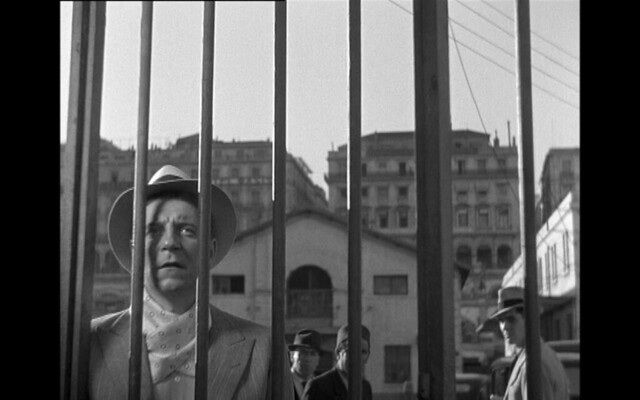
I feel bad for not even mentioning the direction of the major directors of 1930's French cinema, Julien Duvivier, so I shall squeeze in a few more words than normal. The film looks fabulous, Duvivier takes full advantage of some of the location shooting to add a real sense of what it might be like to have lived in the casbah of the 1930's to things. When I think about it I can almost sense the warm claustrophobic breeze meandering its way up and down and around the mazy streets, pushing you to run to the harbour, jump on a ship and escape to the cool sea air with the promise of a shower and a cold beer whenever you want one.
I have always liked this movie, much more so than the later Quai Des Brumes for example, and you should see it. To compare to Shanghai Express would be a disservice to both films, Shanghai Express was a fun movie that I enjoyed more but Pepe is much more satisfying an experience as well as being enjoyable.
Has anyone seen this wonderful film? Anyone going to see it now? What are your thoughts on the noir-a-thon so far? Impressed with proto-noir? As keen to see some of the Hollywood classics that are coming next as we are? Any from our list that you're particularly excited by?
And now for some coming attractions
I LOVE this trailer. I don't recall ever seeing anything like that Sydney Greenstreet introduction and the melodrama of it all!


